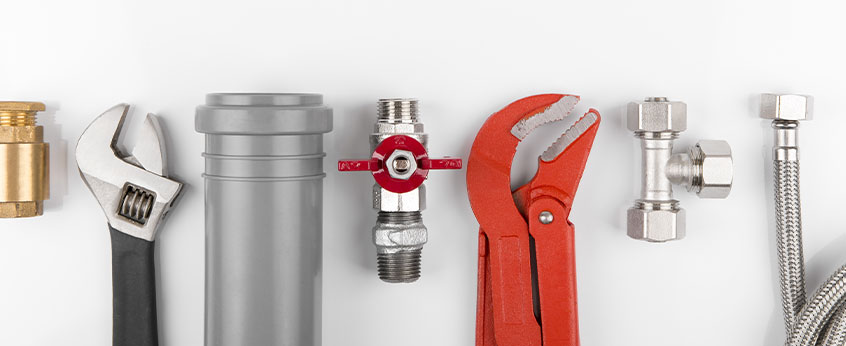Plumbing FAQs Answered—From Our Expert Plumbers to You
Home plumbing can be complicated. If your toilet keeps running and you don’t know what to do or you’re unsure if you need a permit for plumbing work, our licensed plumbers are here to answer all of your questions and put your concerns to rest. Read through these common plumbing FAQs to learn more about the plumbing basics, whether you’re a first-time homebuyer or a seasoned homeowner.




